13 March 2025
Group work. Just the mention of it might make some people cringe, remembering chaotic high school projects where one person did all the work. But here's the thing—when done right, group work is more than just a task-sharing exercise. It’s a powerful tool for enhancing social and emotional learning (SEL). In today’s ever-evolving educational landscape, SEL is just as important as academic achievement. So, how exactly does working in a group boost SEL? Let’s dive in and break it down.
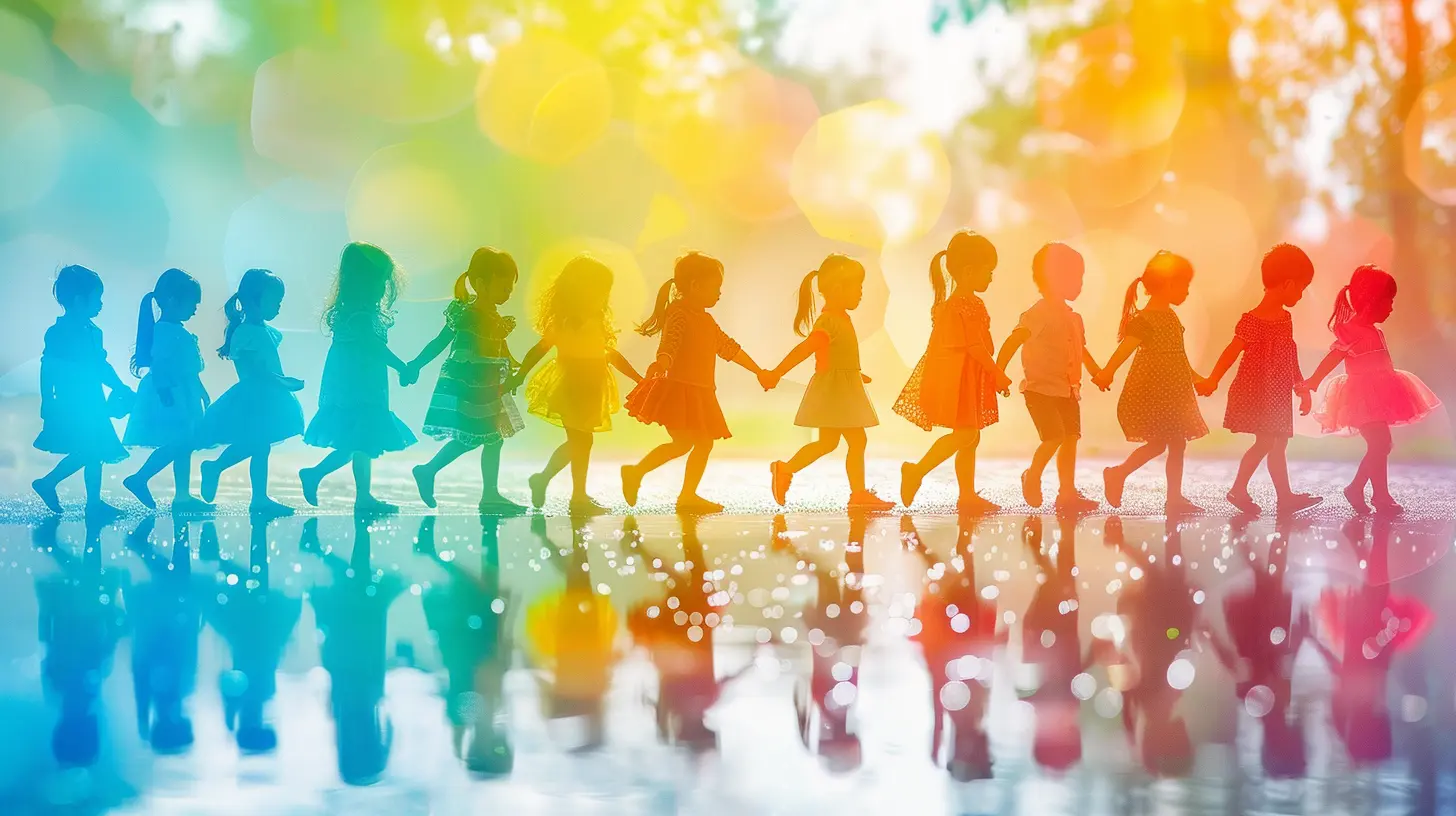
What is Social and Emotional Learning (SEL)?
Before we tackle group work, it’s essential to understand what social and emotional learning really means. SEL is the process through which individuals acquire and effectively apply the knowledge, attitudes, and skills necessary to understand and manage emotions, set and achieve positive goals, feel and show empathy for others, establish and maintain positive relationships, and make responsible decisions.In simpler terms, SEL is all about developing emotional intelligence and interpersonal skills. The more you understand yourself and others, the better you can navigate life's social complexities.
Now, where does group work fit into this? Group work isn't just about splitting tasks. It’s a perfect breeding ground for SEL competencies like communication, teamwork, and empathy. Let’s explore how.
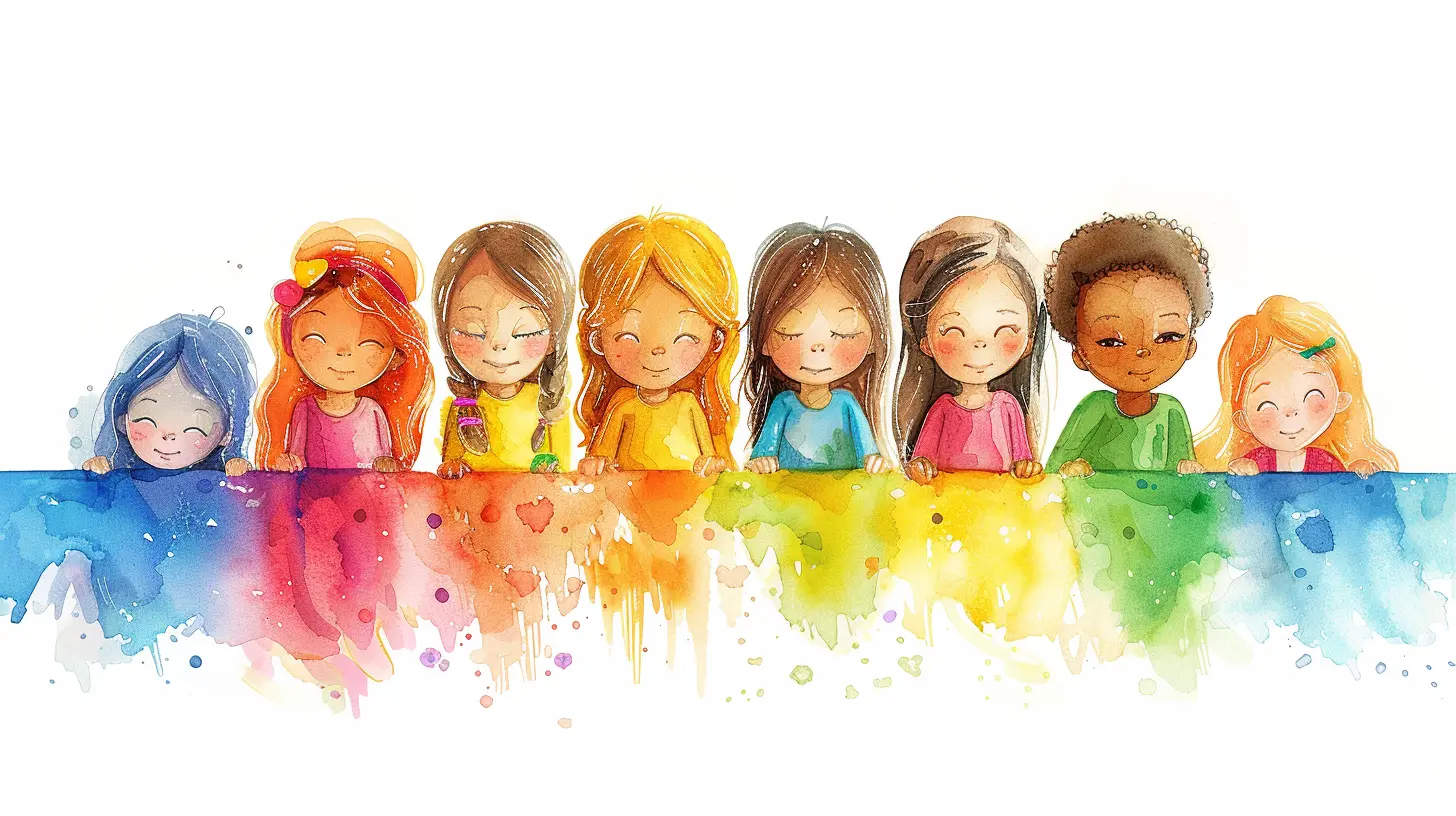
The Connection Between Group Work and SEL
1. Improves Communication Skills
Think about the last time you worked in a group. What was one of the first things you had to do? Communicate! Whether it’s discussing ideas, debating strategies, or simply figuring out who’s doing what, group work forces you to use your voice.In group settings, students must articulate their thoughts clearly and listen to others. This interaction helps develop both verbal communication and active listening skills, which are crucial for everyday social interactions. When students learn to express themselves effectively, they build confidence, and confidence is a key component of emotional intelligence.
2. Encourages Cooperation and Teamwork
One of the most obvious benefits of group work is that it teaches teamwork. In a group, you can't just do your own thing. You have to work together to achieve a common goal. This teaches students how to compromise, share, and value the contributions of others.But teamwork isn’t just about dividing tasks—it’s about learning how to collaborate. Collaboration requires students to trust each other, to delegate tasks fairly, and to support each other when problems arise. In the real world, these are essential skills, whether you're part of a sports team, a work project, or even just navigating friendships.
3. Develops Conflict Resolution Skills
Where there’s teamwork, there’s bound to be conflict. And that’s not necessarily a bad thing. Disagreements can be opportunities for growth, especially when students learn to handle them constructively.Group work provides a safe space for students to resolve conflicts. They learn that it’s okay to disagree, but how they handle that disagreement makes all the difference. Do they shut down, or do they find a compromise? Do they listen to the other person's perspective, or do they bulldoze over it? By working through conflicts in a group, students develop the emotional maturity to handle interpersonal challenges in other areas of life.
4. Fosters Empathy and Understanding
Being part of a team means you have to consider others' feelings and viewpoints. Group work encourages students to step outside their own perspective and see things from someone else’s shoes. This builds empathy, which is a cornerstone of social and emotional learning.When students understand that different people bring different strengths, weaknesses, and backgrounds to the table, they become more accepting and inclusive. This not only creates a more harmonious group dynamic, but it also helps students develop the ability to connect with others on a deeper level.
5. Boosts Self-Awareness and Reflection
Working in a group doesn’t just teach you about others—it teaches you about yourself. Group work encourages students to reflect on their own behavior, strengths, and areas for improvement. Maybe you’re great at organizing but struggle to speak up. Or perhaps you're a natural leader, but you need to work on delegating tasks.By becoming more self-aware, students can set personal goals for improvement. Self-awareness is a critical aspect of emotional intelligence, and without it, personal growth is nearly impossible.
6. Promotes Responsible Decision-Making
In group work, students often have to make decisions—big and small. Should you divide the tasks evenly, or should one person take the lead? Should you take a risk with a creative idea, or stick with a safer option? These decisions require students to think critically and weigh the potential consequences of their actions.This type of decision-making helps students develop a sense of responsibility, not just for themselves but for the group as a whole. They learn that their choices impact others, which is an important lesson for life.
7. Enhances Emotional Regulation
Let’s be honest: Group work can be frustrating. Maybe one person isn’t pulling their weight. Maybe there’s a tight deadline. These moments of stress are opportunities for students to practice emotional regulation.Instead of lashing out or giving up, students learn to manage their emotions. They develop strategies for staying calm under pressure, communicating their frustrations constructively, and finding solutions instead of dwelling on the problems. Over time, these skills translate into greater emotional resilience, which is valuable not just in school but in everyday life.
8. Builds a Sense of Belonging
Humans are social creatures. We thrive on connection and community. Group work fosters a sense of belonging that can boost students’ self-esteem and emotional well-being. When students feel like they’re an important part of a team, they’re more likely to be engaged and motivated.This sense of belonging also opens the door to building meaningful relationships. Social bonds are critical for emotional well-being, and group work provides the perfect environment for students to form new friendships and strengthen existing ones.
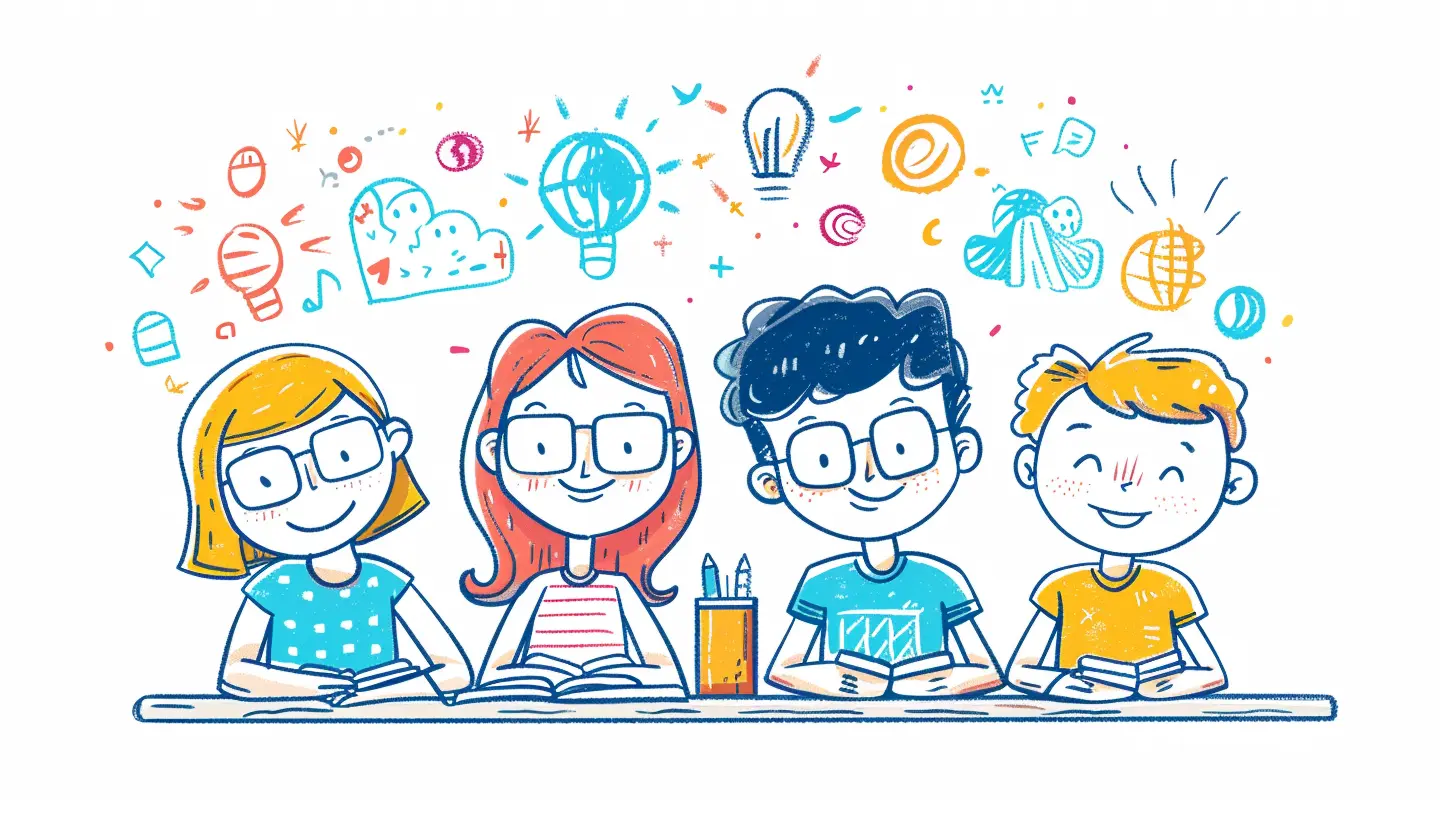
Group Work in Action: Practical Tips for Educators
So, how can educators make group work more effective for enhancing SEL? Here are some practical tips:1. Set Clear Expectations
Before diving into group work, it’s essential to set clear expectations. Discuss what effective collaboration looks like and how students can communicate and resolve conflicts. Make sure students understand that group work is about more than just completing the task—it’s about developing essential life skills.2. Assign Roles
To avoid the “one-person-does-everything” scenario, it’s helpful to assign specific roles to each group member. This could include a leader, a scribe, a timekeeper, and so on. By assigning roles, you ensure that everyone has a responsibility and an opportunity to contribute.3. Encourage Reflection
After completing group work, take the time for reflection. Ask students to think about what went well and what could have been improved. Encourage them to reflect on their own performance as well as the group’s dynamics. This is a great way to reinforce self-awareness and emotional growth.4. Model SEL Skills
As an educator, your behavior sets the tone. Model the SEL skills you want to see in your students. Show empathy, communicate clearly, and handle conflicts with grace. Students are more likely to adopt these behaviors when they see them in action.5. Provide Ongoing Feedback
Finally, give students ongoing feedback on both their academic performance and their social and emotional growth. Positive reinforcement can go a long way in motivating students to continue developing their SEL skills.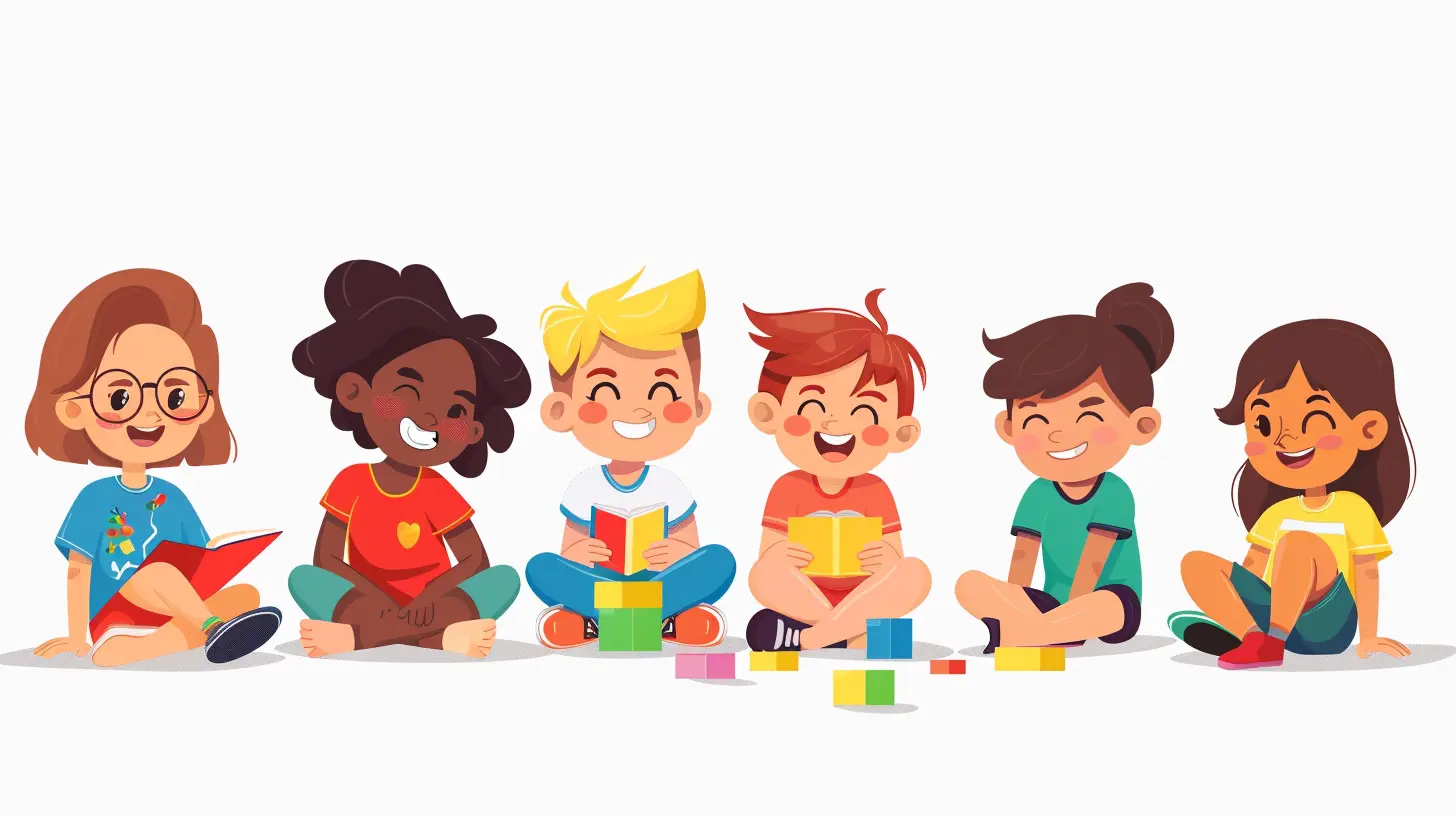
The Long-Term Benefits of Group Work and SEL
The benefits of group work for social and emotional learning don't end in the classroom. The skills students develop—empathy, communication, teamwork, emotional regulation—are essential for success in all areas of life. Whether they’re navigating the workplace, building relationships, or engaging in their communities, these skills will serve them well.In fact, studies have shown that individuals with strong SEL skills tend to have better mental health, higher academic achievement, and more successful careers. So, while group work might seem like just another classroom activity, it’s actually laying the foundation for a lifetime of personal and professional success.
Wrapping It Up
Group work and SEL go hand in hand. When students work together, they’re not just completing assignments—they’re building the social and emotional skills that will help them navigate the complexities of life. From improving communication and teamwork to developing empathy and self-awareness, the benefits of group work extend far beyond the classroom walls.So next time you hear someone groan about group work, remind them: It’s not just about getting the job done—it’s about growing as a person.


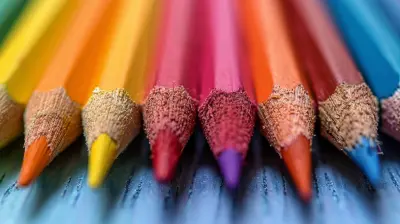



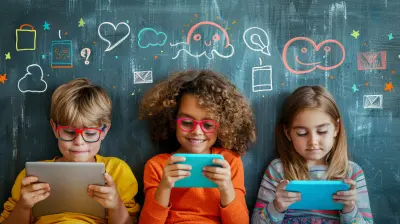

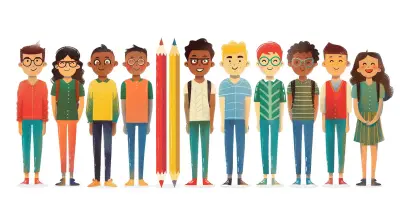

Kiera McQuaid
This article highlights the powerful impact of group work on social and emotional learning. I'm intrigued by the ways collaboration fosters empathy and communication skills—essential tools for navigating today's complex world!
April 2, 2025 at 11:26 AM